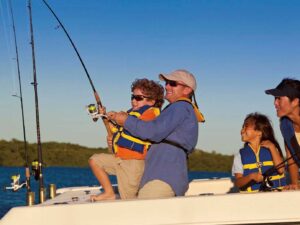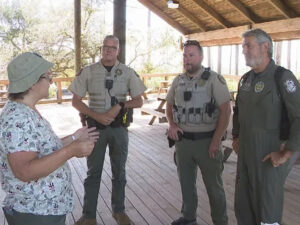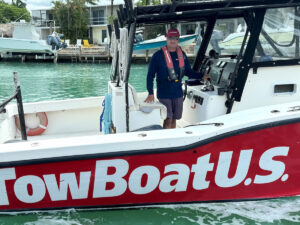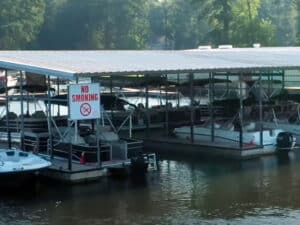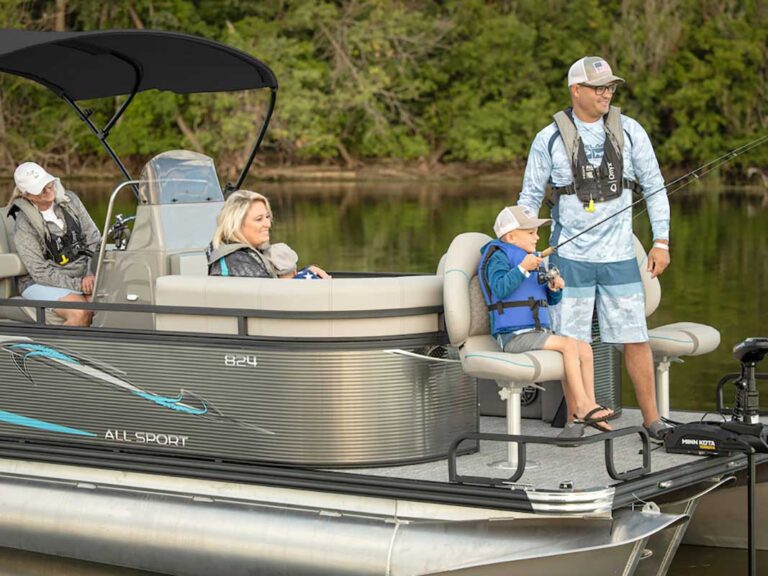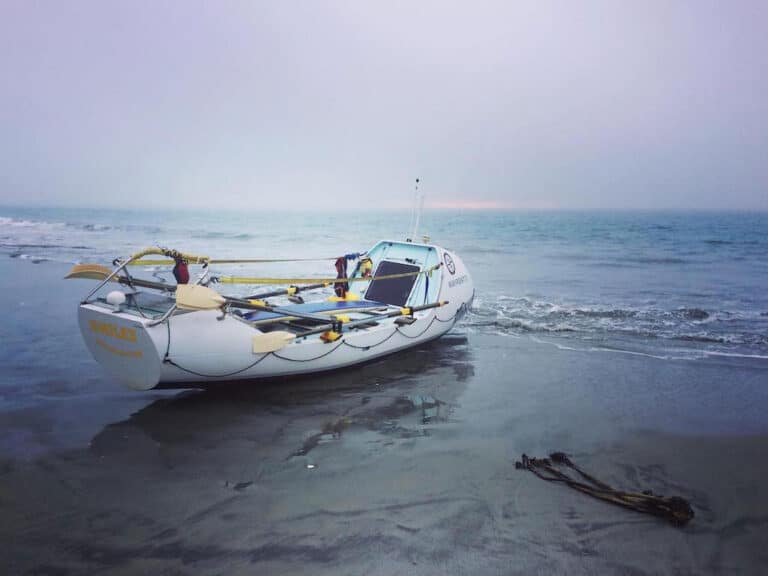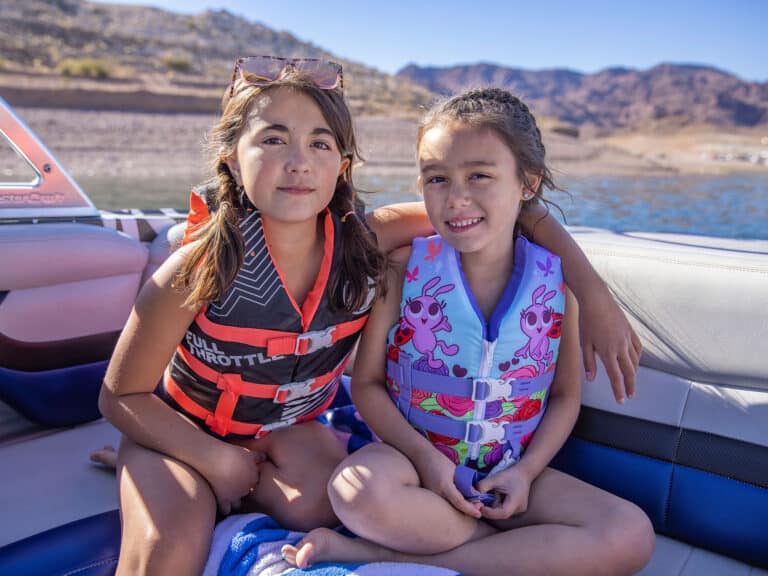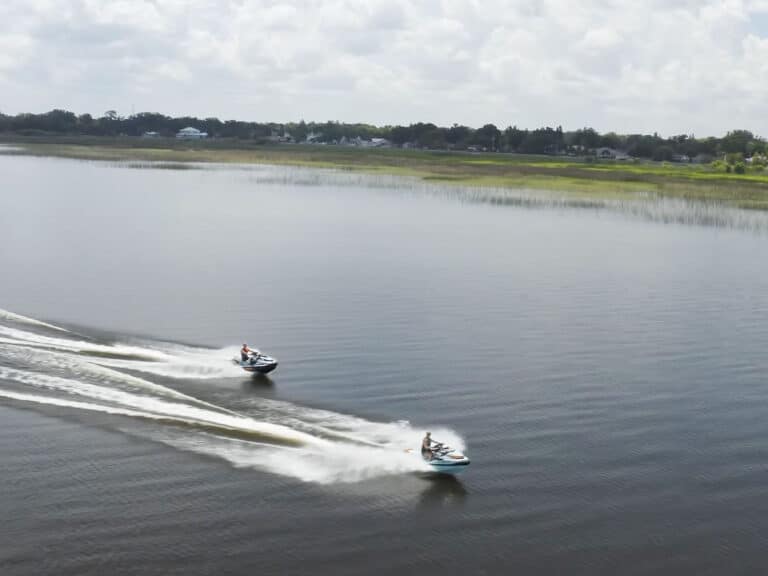
If the name Austin Stephanos rings a bell with you, it resonates with a throng with sadness.
That’s because Stephanos was one of two 14-year-olds lost at sea last July off the east coast of Florida. Stephanos and Perry Cohen went fishing on July 24 out of Jupiter Inlet in a 19-foot single-outboard boat. They never came home.
The Coast Guard found the boat two days later capsized off Cape Canaveral. The boys were not with it. The Coast Guard continued to look, but called off the search on July 31.
For one of the families, the sense of loss and grief has turned to purpose. “We want to do our best to make sure that this kind of tragedy does not happen again,” said Stephanos’ mother, Carly Black. I met with her at the ACR Electronics booth at the Fort Lauderdale International Boat Show in November.
His mother described Stephanos as a teenager who loved the water, boats and fishing, someone who felt more at home on the deck of a boat than anywhere else in the world.
To honor his passion and memory, the family has formed the AustinBlu Foundation, which is rooted in the same love young Stephanos had for the ocean, but also dedicated to raising awareness of the tools and technology available to prevent boating accidents.
One of the first goals for the foundation is to convince states and boat insurance providers to offer discounts on registration fees and premiums, respectively, to boat owners who carry an EPIRB (Emergency Positon Indicating Radio Beacon) or PLB (Personal Locator Beacon) on board. Already, two bills (SB 746 and HB 427) are moving through the Florida legislature that would provide discounts of up to 25 percent to boat owners who purchase and register such safety gear.
“Had Austin and Perry had an EPIRB or PLB that day, we might not be having this conversation,” said Black. “I truly believe it would have saved their lives.” Her assertion has been echoed many times by marine rescue authorities from coast to coast.
I too believe that no boat should venture to sea without an EPIRB or PLB. They are as basic as signal flares and VHF radios, whether you’re in a 50-footer or 19-foot single-engine center console. I heartily endorse the efforts of the AustinBlu Foundation, and I encourage you to support this non-profit organization, as well. The foundation is supported and endorsed by ACR Electronics and the U.S. Coast Guard, among others.
To learn more about the AustinBlu Foundation and how you can help, visit austinbluefoundation.org. To learn more about EPIRBs and PLBs, check out our stories at boatingmag.com.
The U.S. Coast Guard is asking all boat owners and operators to help reduce fatalities, injuries, property damage, and associated healthcare costs related to recreational boating accidents by taking personal responsibility for their own safety and the safety of their passengers. Essential steps include: wearing a life jacket at all times and requiring passengers to do the same; never boating under the influence (BUI); successfully completing a boating safety course; and getting a Vessel Safety Check (VSC) annually from local U.S. Coast Guard Auxiliary, United States Power Squadrons(r), or your state boating agency’s Vessel Examiners. The U.S. Coast Guard reminds all boaters to “Boat Responsibly!” For more tips on boating safety, visit www.uscgboating.org.

